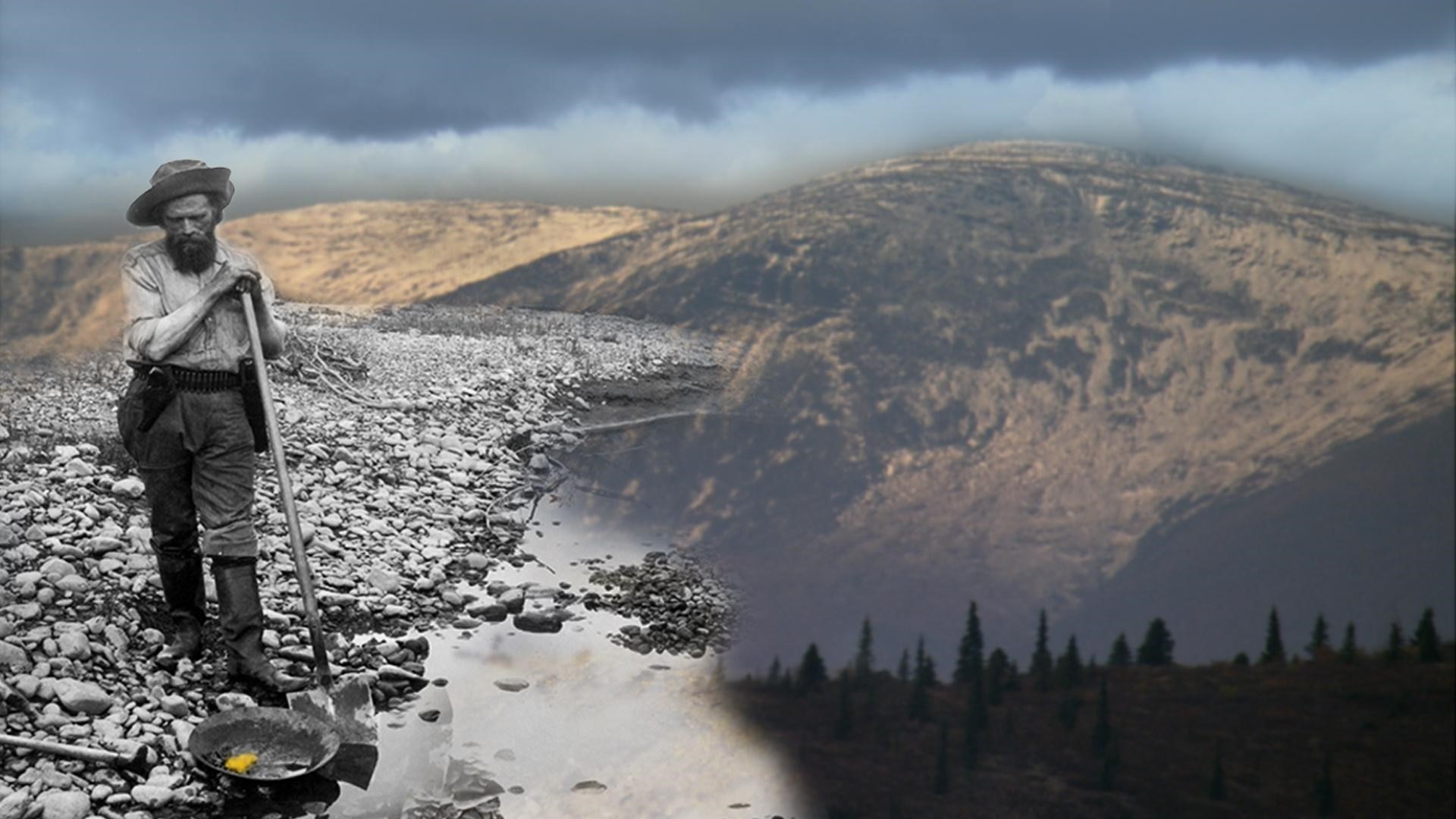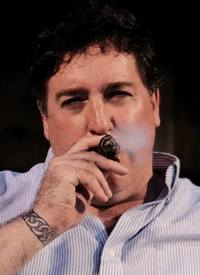
|
| presents
|

|
FREE and
ONLINE
Tuesday, April 21, 2020, 5:30-7:00 pm
|
There will be a Q&A
session after the lecture. Audience
participation is invited.
Be
sure to have your cocktails and
cigars at ready hand.
Register
through EventBrite for this Zoom
multimedia event.
|
|
|

|
|
The Klondike, a vast region of
Canada’s Yukon Territory (now just “Yukon”)
was home to one of the world’s largest gold
rushes, which, depending on the global price
of gold, continues to this day.
Experts say that more than 100,000 people
attempted to reach the rugged and often
frozen Klondike gold fields in The Yukon but
no more than 30,000 made it to this
inaccessible and inhospitable region. Those
who actually worked the current and ancient
stream beds in search of gold nuggets often
found nothing but pain and frustration. When
gold was discovered in 1896, the Klondike
was so inaccessible—the Canadian government
required each potential miner to travel with
a year’s worth of supplies before embarking
on the journey—that the gold rush didn’t
really get going until 1898. By 1899, many
felt the “easy gold” was gone.
Pretty rapidly technology replaced many
miners—the remnants of this technological
innovation can still be seen all around the
Klondike and ring Dawson City. Well over a
century after its founding, Dawson City (now
population 1365 and the capital of The Yukon
until 1952), is precariously perched on the
edge of the muddy and rampaging Yukon River,
but still remains the epicenter of Klondike
gold mining activities.
The entire Yukon Territory is significantly
larger than California, but with a
population of just under 39,000 people.
Cigar Society member Adam Steele, our
speaker, will guide us through the colorful
history of the Klondike Gold Rush, both
historically, as above, and personally.
For the personal part of the story: In the
1970s, Adam and his family, originally from
England, were living in Whitehorse, now
capital of the Yukon, near Dawson City. For
two of his high-school years, Adam took
summer jobs working in a gold mine near
Dawson City, swatting mosquitoes and seeking
his fortune. On Tuesday night, Adam will
also reminisce about his work in that gold
mine, as part of an adventure that took him
from England to the Klondike, then to
Montreal and finally to Chicago, where he is
now a professor of computer science at
DePaul University.
|
|

|
Adam Steele
is a long-time Cigar Society and
Union League Club member. He teaches
computer science at DePaul
University, where he specializes in
human-computer interactions
(user-interface design and
development), software engineering,
bioinformatics, and grid computing.
He has a PhD in computer science
from Concordia University in
Montreal. He came to DePaul with
several years’ industry experience,
having worked at Rockwell Collins as
a principal investigator on the ARL
Advanced Displays Fedlab, and as a
section leader in their Advanced
Technology Center. Before that, Adam
worked at M3i Systems in Montreal as
a software specialist.
|
|
|
|
About
the
Cigar Society of Chicago
ONE OF THE OLDEST AND
greatest traditions of the city clubs of
Chicago is the discussion of intellectual,
social, legal, artistic, historical,
scientific, musical, theatrical, and
philosophical issues in the company of
educated, bright, and appropriately
provocative individuals, all under the
beneficent influence of substantial
amounts of tobacco and spirits. The
Cigar Society of Chicago
embraces this tradition and extends it
with its Informal Smokers, University
Series lectures, and Cigar
Society Dinners, in which cigars,
and from time to time pipes and
cigarettes, appear as an important
component of our version of the classical
symposium. To be included in the
Cigar Society's mailing list, write to the
secretary at
curtis.tuckey@logicophilosophicus.org
|
|
|